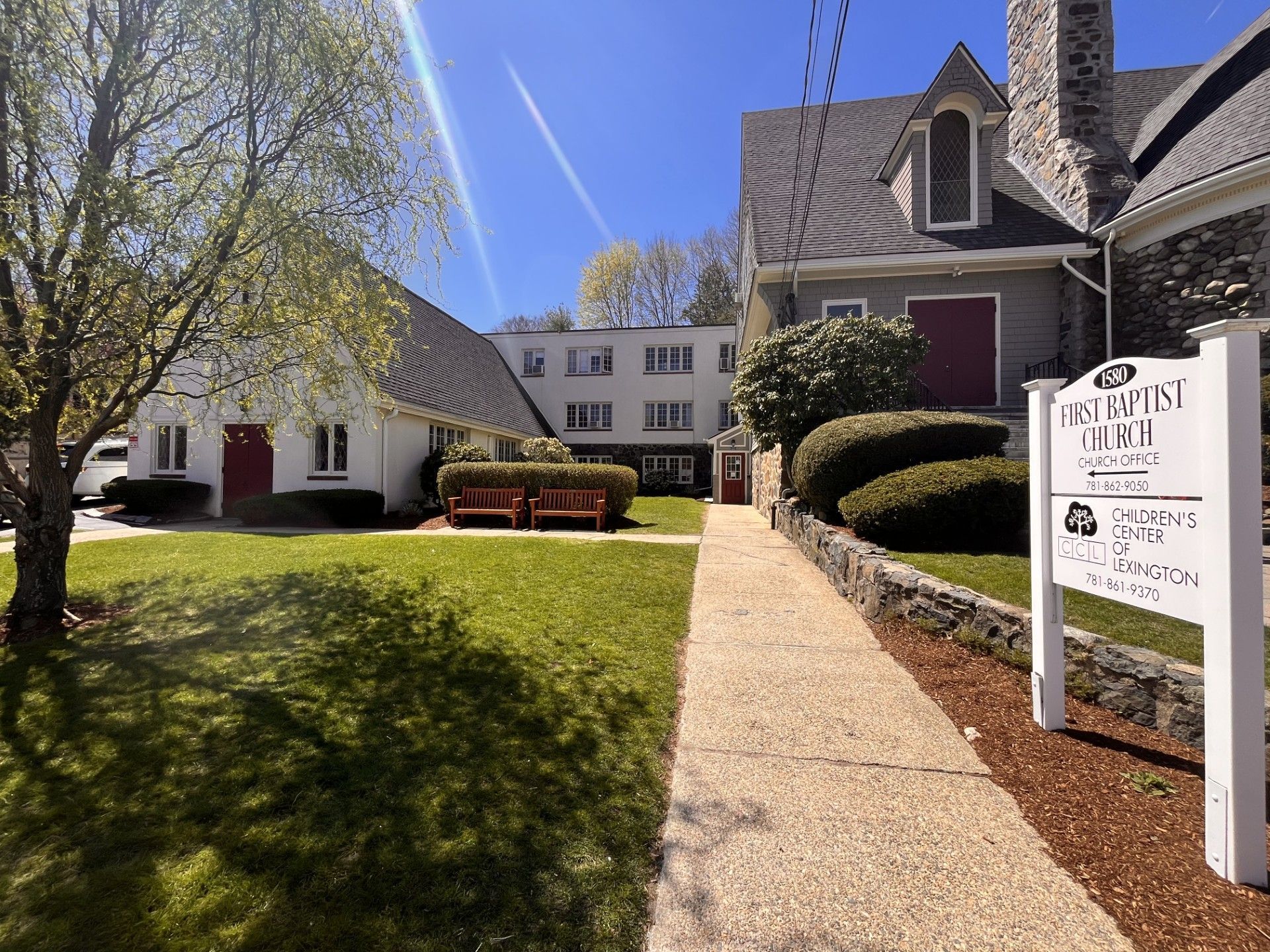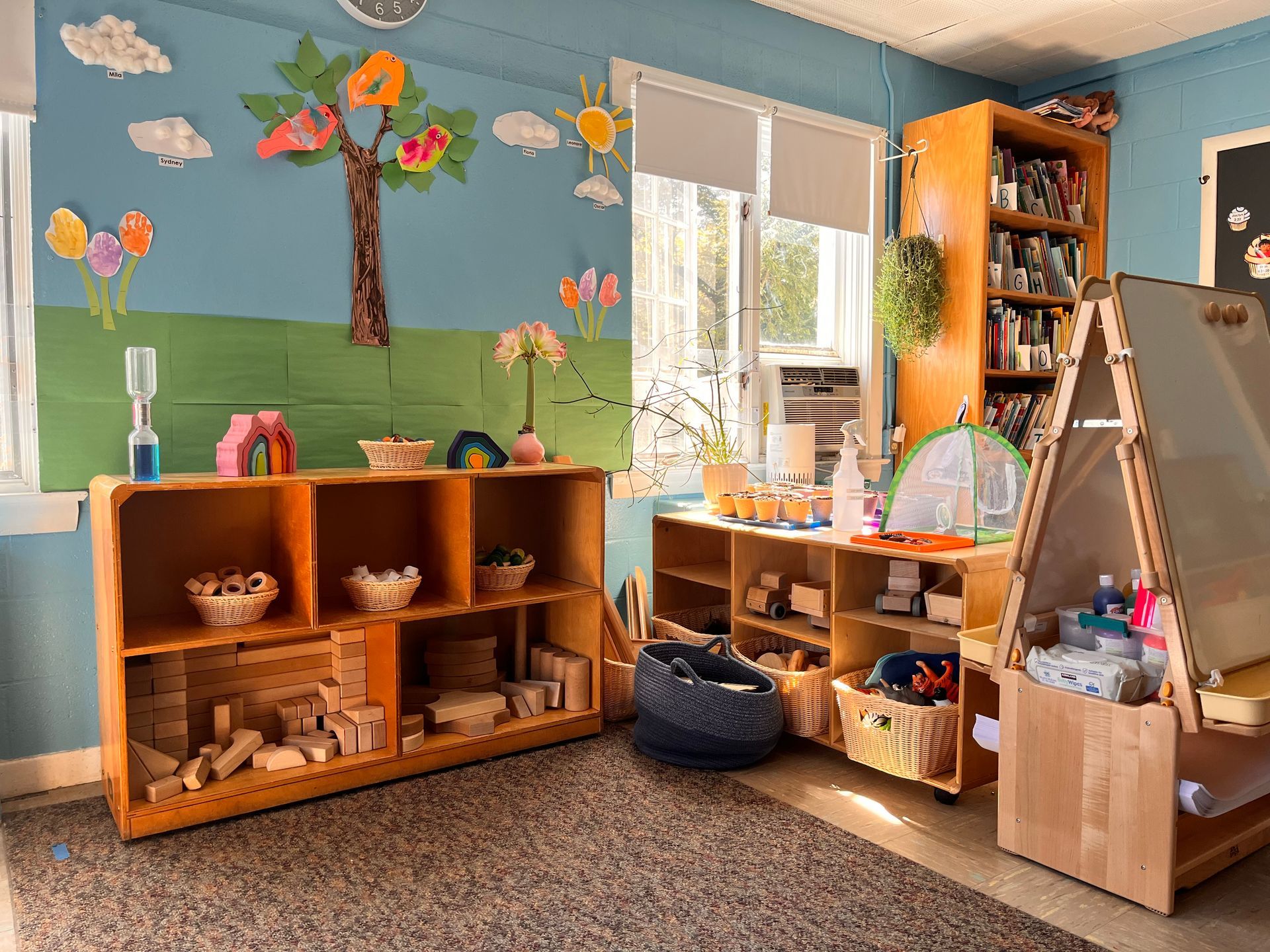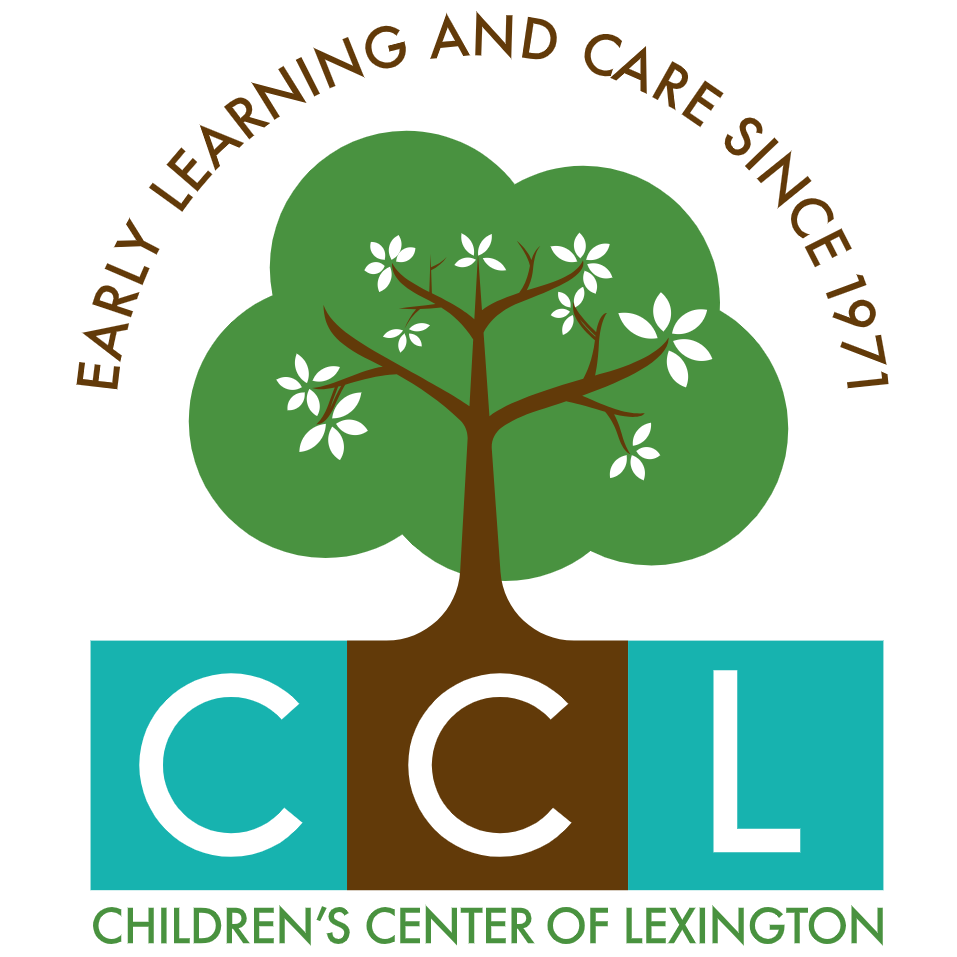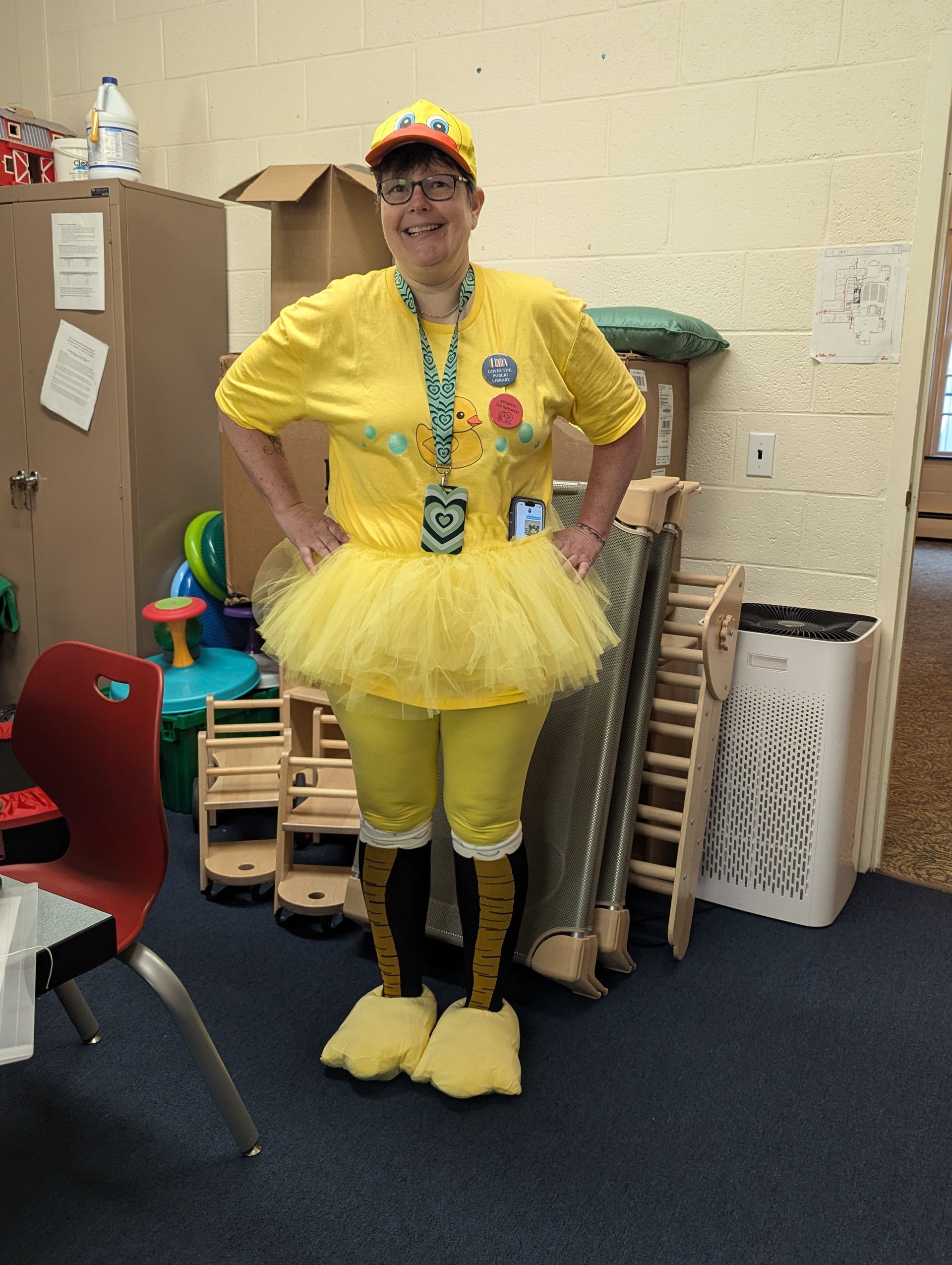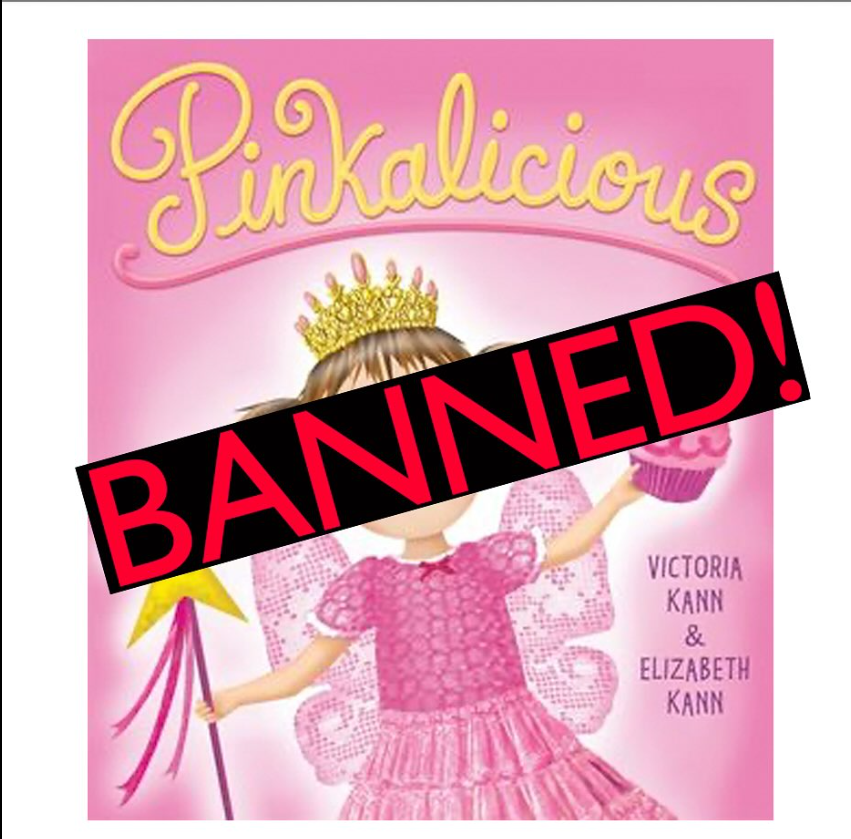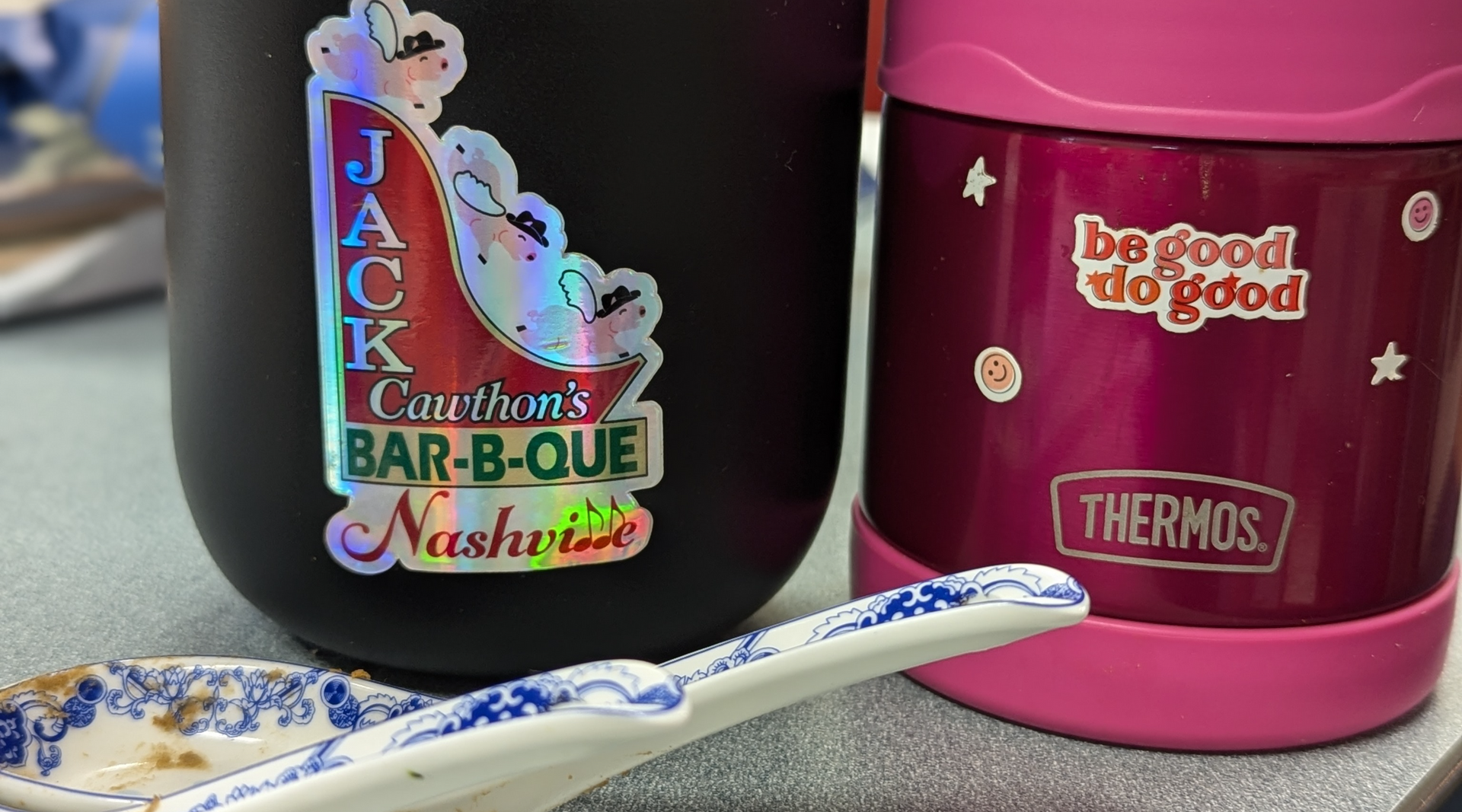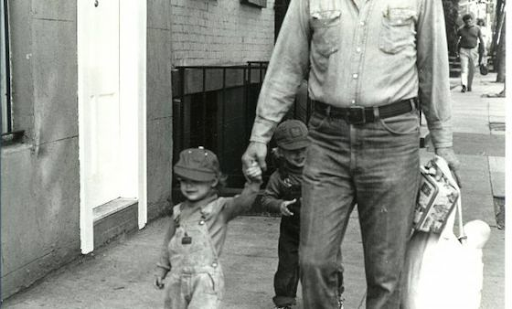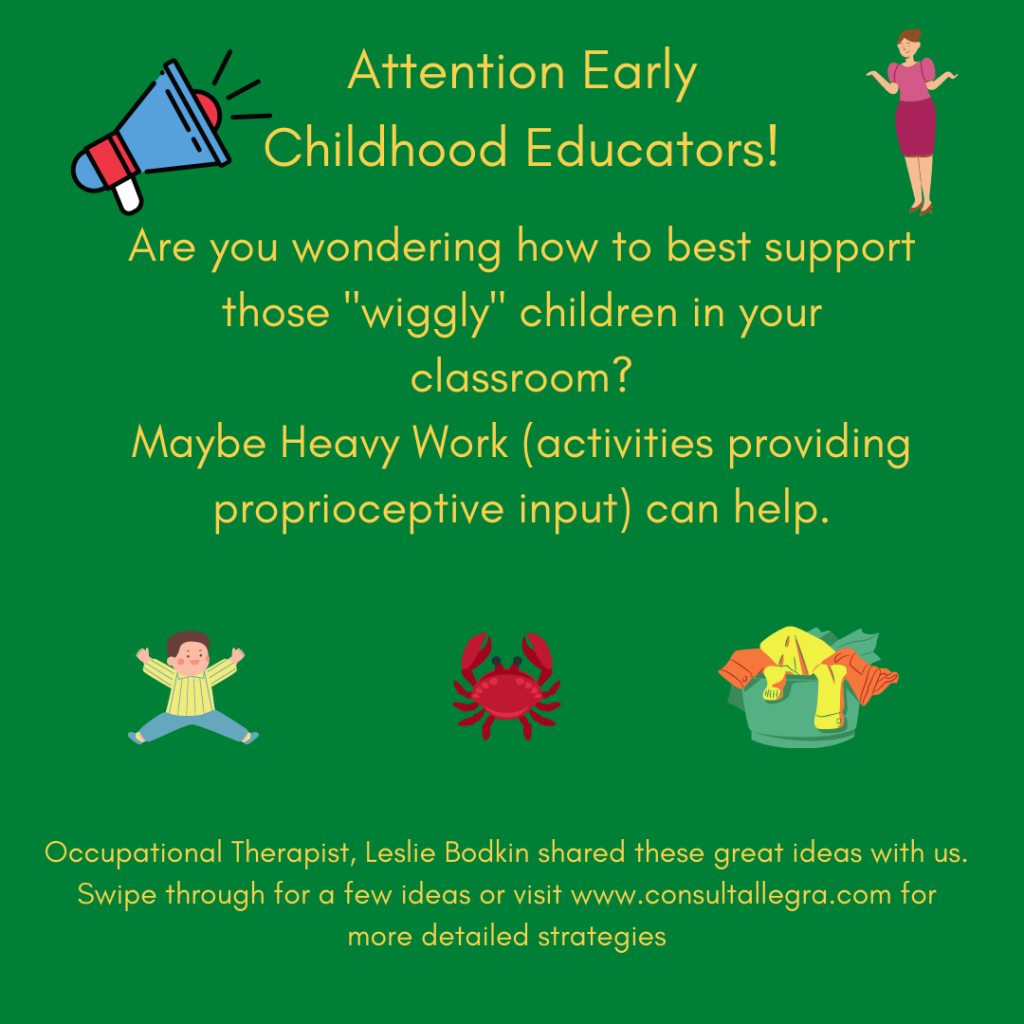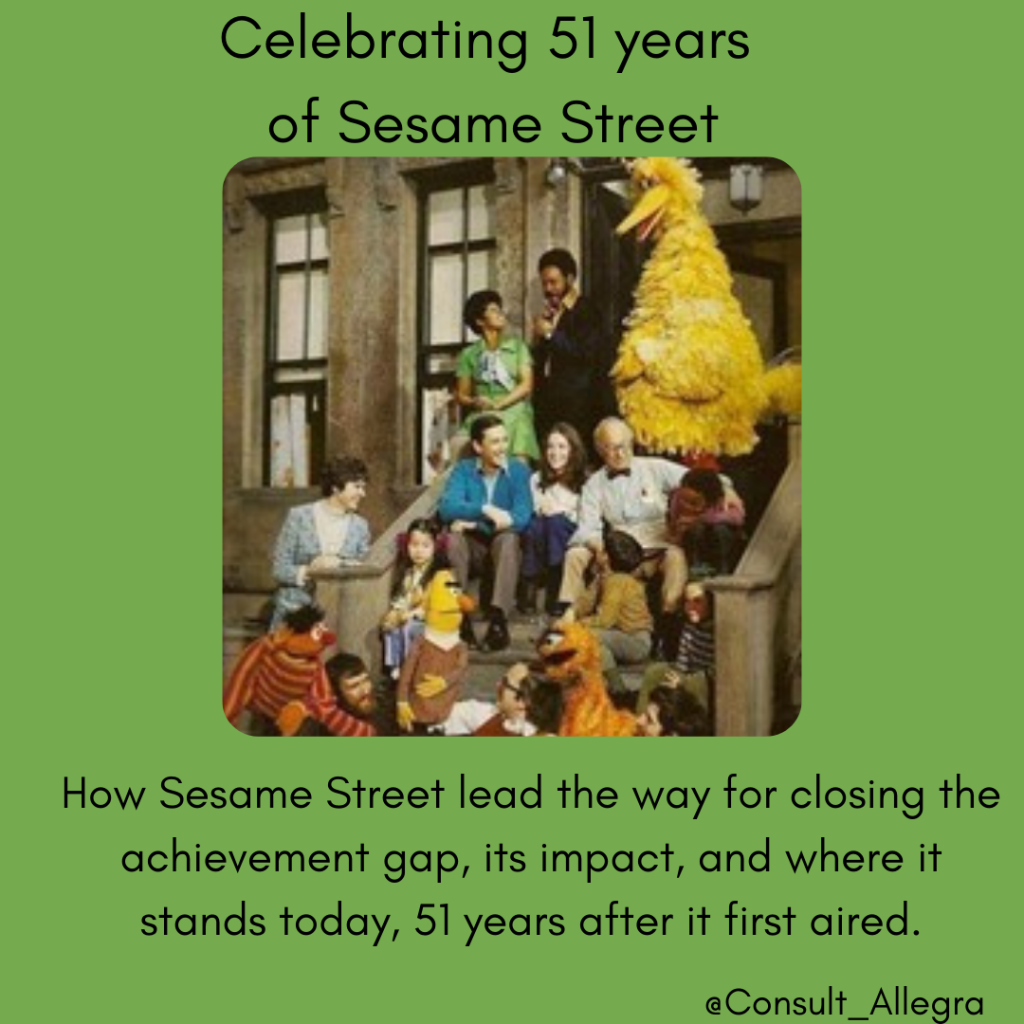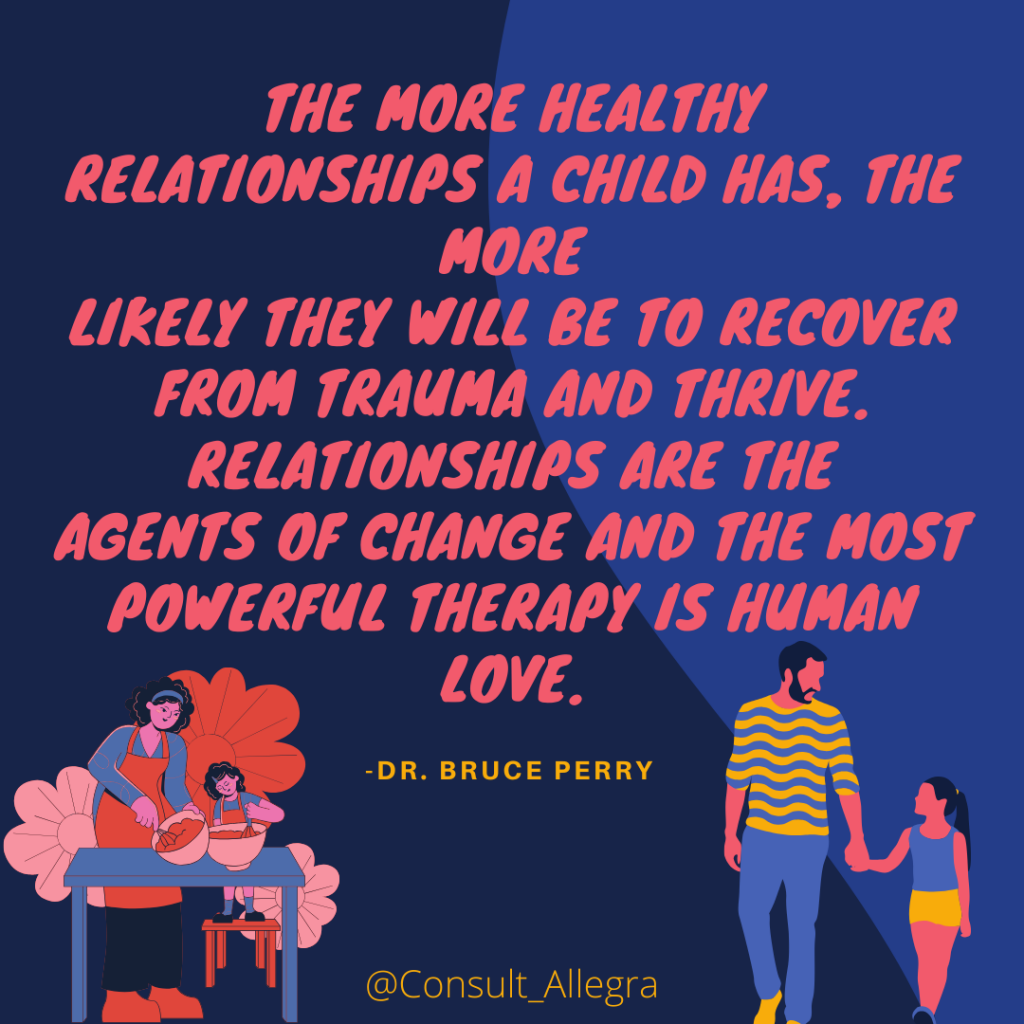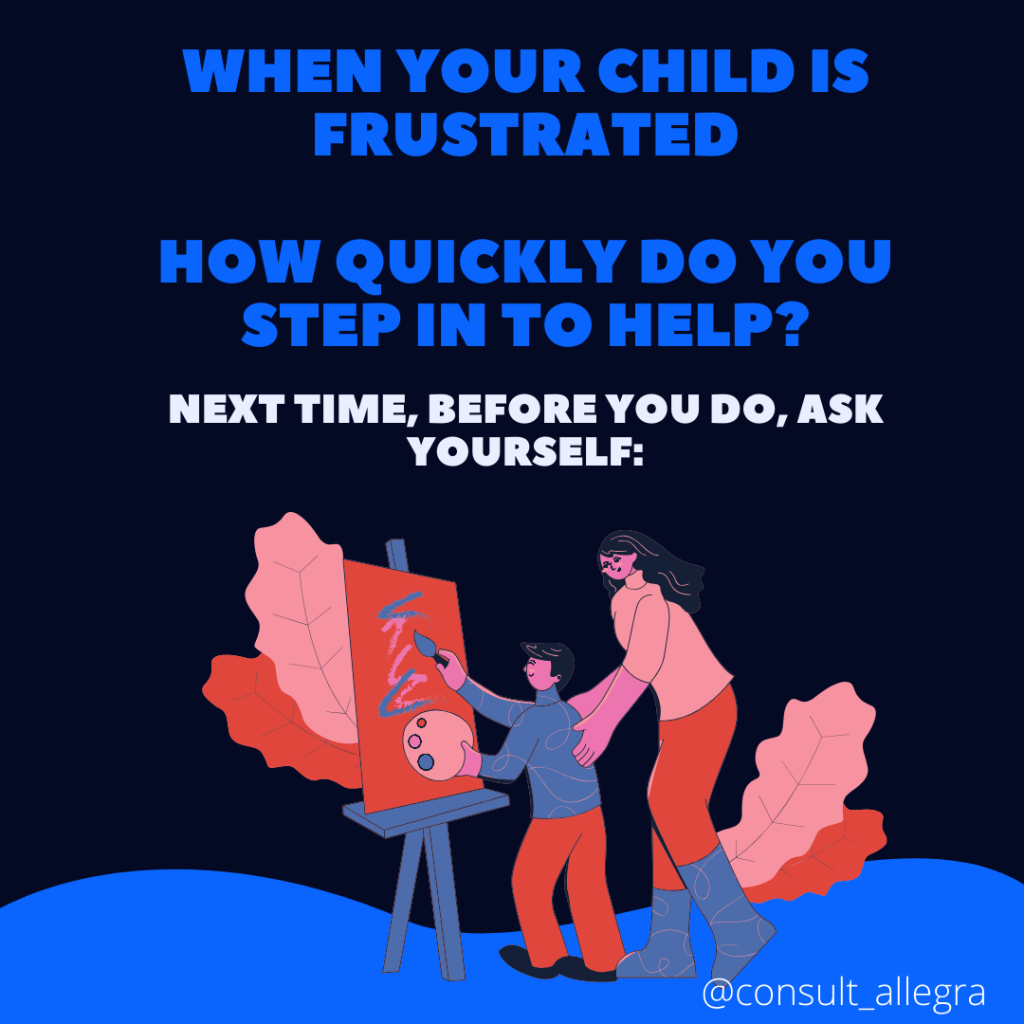When You Come From a “Broken” Home
August 2, 2020
I spent the morning listening to Michelle Obama’s new podcast. First off, I highly recommended it. It was great to hear her voice. The first podcast is about community and the values that community instills in us. Her first guess is, of course Barack Obama. I was listening to the podcast, as I walked along the Longfellow bridge in Cambridge, MA, when all of the sudden I felt like I was shot through the heart when Barack Obama said he was from a “broken” home.
I was struck by how disheartened I felt when he, this man who is so careful and thoughtful with his words, who (at least to me) is so whole would casually say he was from a broken home.
This is certainly not the first time I have heard this term, I, myself come from a broken home. It might be more accurate to say I come from a shattered, fractured home. A home which has been decimated by divorce, adultery, alcoholism, and mental illness. I come from a family that was torn apart.
Listening to Obama say that simple statement, brought me right back to being a little kid and overhearing adults talk about how I was from a broken home, or having it talked about in school like it was a disease.
What does a broken home mean? Does it mean that I too, a product of that home, am somehow broken too? Please, do not get me wrong, I, and I know countless others have faced our fair (or maybe better stated unfair) share of challenges coming from a complicated family.
But I am not broken.
I, like all of us, entered the world powerless to who my family is. I did not ask to be the last child born to a complex family riddled with heartbreak and betrayal. I am not responsible for my parents or their choices. I am not broken.
I have spent much of my life, coming to terms with the heartbreak of coming from a complicated home. I have spent much of my life, realizing that I am not responsible for the broken home, that I am not broken,
I am whole.
Now, I spend my professional life supporting children, their families, and their teachers. And I still hear judgment when a child comes from a complex family. Professionals work hard to comfort the child with a “you are not responsible for this divorce… the drug abuse… the affair… etc.” And yet, we still look at, and talk about these children as though they are defective, that they are not whole, that they are broken.
If we, particularly as professionals who talk about families, can find a different way to talk about homes that are struggling, (because I also know a lot of families that are considered “whole” or “ideal” and they too are struggling). We need to be more intentional with our language.
The Obamas go on in the podcast to talk about hope, and they use strength-based language to talk about communities and the future. It is this strength-based language that we should be using when we talk about children and the complexities they may face.
Within the Early Childhood Mental Health community, we look at the strength of the relationship, even with there are many challenges to face- there is still the relationship and it is critical that we promote healthy relationships. Gilbert M. Foley, EdD, IMH-E reminds us to presume potential when working with children and their families. This mindset changes how we see families and in turn how families feel about themselves.
As professionals we have the power to uplift and empower struggling families. We can presume potential and help families see that they are whole.
Personally, I have not got a clue what it is like to grow up in a “whole” family, with happy parents, and a station wagon or whatever. I do know how to grow up in my family, warts, and all. And despite it all, my family helped me set my values, and encouraged me to work endless to help families see their potential even in the face of great difficulty.
So, I ask as to presume potential in all of the children we see and let’s help them to see their wholeness even in the face of adversity.
And the end of the podcast Michele Obama reminds us “When in doubt, rely on hope.” If we rely on hope, we can see potential, even if something appears broken.
You can listen to Michelle Obama’s new podcast on Spotify
Originally Posted When You Come From a “Broken” Home – Consult Allegra Blog Posts
